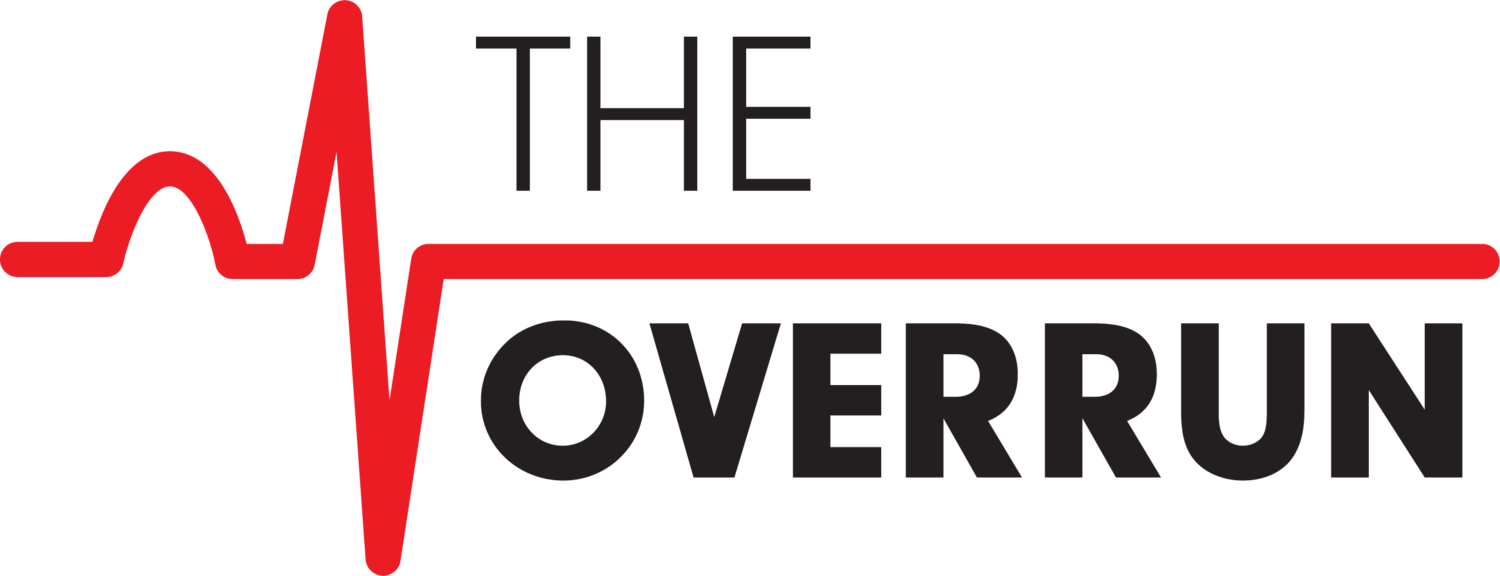Episode 67: Dr. Salim Rezaie on 2020 Part 2
In this second half of our first interview of the year, Dr. Rezaie discusses the following topics: Paper #5: HALT-IT
· Paper: The HALT-IT Trial Collaborators. Effects of High-Dose 24-h Infusion of Tranexamic Acid on Death and Thromboembolic Events in Patients with Acute Gastrointestinal Bleeding (HALT-IT): An International Randomised, Double-Blind, Placebo-Controlled Trial. Lancet 2020. [Epub Ahead of Print]
International, multicenter, randomized, placebo-controlled trial in 164 hospitals in 15 countries
Patients randomly assigned to:
TXA: Loading dose of 1g of TXA in 100mL infusion of 0.9% sodium chloride over 10 min, followed by a maintenance dose of 3g TXA added to 1L of isotonic IV solution infused at 125mg/hr for 24hrs
Placebo: Matching 0.9% sodium chloride
· Primary: Death due to bleeding within 5 days of randomization
· 12,009 patients randomized
5d Mortality due to bleeding (Primary Outcome):
TXA: 222 patients (4.0%)
Placebo: 226 patients (4.0%)
RR 0.99; 95% CI 0.82 to 1.18)
No difference in any of the subgroups of the primary outcome
No difference in death due to bleeding or rebleeding at different time points
Time from onset to randomization ≤3 hours was only achieved in 16% of patients in both groups (Most patients were >8 hours in approximately 57% of both groups). However, looking at the subgroup of patients in the ≤3hr vs >3hr since time of onset there was no statistical difference in the primary outcome.
As opposed to trauma and postpartum hemorrhage the exact timing of GIB is more difficult.
The half-life of TXA is 2 hours and there is a higher risk of rebleeding in the first 24 hours, therefore, the authors chose 24hours of treatment as they wanted to cover the high-risk period of time for rebleeding
· Clinical Take Home Point: This is a very well done, large, multicenter randomized controlled trial of TXA vs placebo for acute GIB. The results demonstrate no benefit of giving TXA on 5d mortality in patients with acute GIB and a small signal of harm with increased VTE and seizures. TXA should not be recommended at this time for patients with acute GIB.
Paper #6: ECASS-III Re-Analysis
· Paper: Alper BS et al. Thrombolysis With Alteplase 3 – 4.5 Hours After Acute Ischaemic Stroke: Trial Reanalysis Adjusted for Baseline Imbalances. PMID: 32430395
Re-analysis of ECASS III trial data adjusting for baseline imbalances to determine robustness or sensitivity of the efficacy estimates of tPA vs placebo
821 adults
Only two variables were statistically significant: Baseline imbalances in NIHSS score and history of prior stroke. After balancing for these two confounders:
No statistical difference in treatment effect of tPA vs placebo in any of the outcomes
There was an increase in symptomatic ICH with alteplase vs placebo
The fragility index of the original ECASS III trial is 1 (Only one patient would have to have a different outcome to change the study form positive to negative)
In the original ECASS III trial, baseline NIHSS score was lower in the alteplase group (mean 10.7) vs placebo (11.6) and more previous stroke in the placebo group (14.1%) vs tPA group (7.7%). Both of these differences bias the results in favor of alteplase
· Clinical Take Home Point: The re-analysis of ECASS III raises concerns that baseline imbalances create bias and affect the conclusions of efficacy of alteplase given within 3 to 4.5 hours after stroke onset in acute ischemic stroke compared to placebo.
Paper #7: DIFOCCULT
· Paper: Aslanger EK et al.Diagnostic Accuracy of Electrocardiogram for Acute Coronary Occlusion Resulting in Myocardial Infarction (DIFOCCULT Study). Int J Cardiol Heart Vasc 2020. PMID: 32775606
Single center, retrospective case-control study in Turkey
Adult patients who presented, to the ED, clinically like ACS syndrome were evaluated
According to admission ECG, based on the fourth universal definition of MI, patients were divided into 3 groups:
STEMI
NSTEMI
Control (ACS excluded)
1000 patients of each presentation group were included in the final analysis
· ACO Detection in NSTEMI Group:
· 28.2% of patient re-classified as having ACO
o 215 (76.2%) had minor STE with reciprocal ST-depression
o 35 (12.4%) had hyperacute T-waves or de Winter’s patterns
o 18 (6.3%) had subtle anterior STE
o 14 (4.9) had non consecutive STE
· Reclassified NSTEMI to ACO was more similar to STEMI group vs non-reclassified NSTEMI group:
o In-Hospital Mortality:
§ Reclassified NSTEMI: 5.0%
§ STEMI: 8.3%
§ Non-reclassified NSTEMI: 1.8%
o Long-Term Mortality:
§ Reclassified NSTEMI: 10.6%
§ STEMI: 13.7%
§ Non-reclassified NSTEMI: 4.4%
· This new paradigm still misses 17.9% of ACO in the non-STEMI group
· Using the ACOMI/ non- ACOMI approach
o Consistently recognizes a high risk subgroup in the non-STEMI population that have a higher frequency of ACO, larger infarct size and higher mortality
o Has significantly superior diagnostic accuracy in the prediction of ACO and long term mortality compared to the STEMI/ NSTEMI approach
· ACOMI/ non-ACOMI classification does not only depend on the ECG and therefore encompasses a broader category of patients that might need intervention.
Clinical Take Home Point: The current STEMI / non-STEMI approach is highly insensitive and has a weak evidence base. It implies that only certain ECG criteria (ST elevations) should be intervened on immediately, missing ⅓ of ACOs that would benefit from such therapy.
At the end of the episode, Dr. Rezaie discusses his journey to self-care and mental health.
Dr. Rezaie’s work can be found at RebelEM.com



